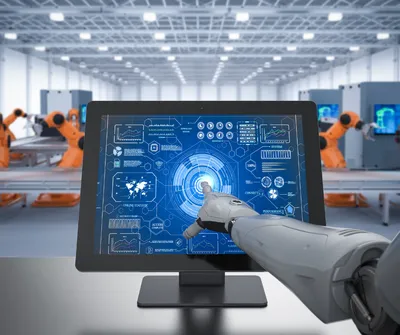Datenschutz-Einstellungen
Unsere Website verwendet Cookies und andere Technologien, wie in unserer Datenschutzerklärung beschrieben, um Daten über Ihre Nutzung zu sammeln. Diese Cookies helfen dabei, Inhalte und Anzeigen zu personalisieren, Social-Media-Funktionen bereitzustellen und den Website-Verkehr zu analysieren. Wir nutzen diese Informationen in erster Linie, um das Besucherverhalten zu verstehen. Zusätzlich teilen wir Daten über Ihre Nutzung unserer Website mit unseren Partnern für soziale Medien, Werbung und Analyse.
Mehr erfahren
Funktionale Cookies (notwendig)
Immer aktiv
Diese Cookies sind notwendig für das ordnungsgemäße Funktionieren der Website. Sie ermöglichen grundlegende Funktionen wie die Navigation auf der Website und gewährleisten gleichzeitig, dass die Website sicher, benutzerfreundlich und funktionsfähig ist. Aus diesem Grund sind diese Cookies erforderlich und können nicht deaktiviert werden. Einige dieser Cookies stammen von Drittanbietern und werden beispielsweise von YouTube genutzt, das seine Dienste unserem Unternehmen zur Verfügung stellt.
Analytische Cookies helfen uns, die Interaktionen der Nutzer mit unserer Website zu verstehen. Sie erfassen Details wie Ihren Standort, Ihre Surfgewohnheiten, Vorlieben und die auf der Seite verbrachte Zeit. Diese Informationen tragen dazu bei, Ihre Website-Erfahrung zu verbessern. Diese Cookies fördern den effizienten Betrieb der Website und passen die Inhalte Ihren Bedürfnissen an, basierend auf anonymen Datenerhebungen und Berichten. Ihre ausdrückliche Zustimmung ist erforderlich, um diese Cookies zu aktivieren.
Marketing-Cookies verfolgen Ihre Aktivitäten auf unserer Website, um Inhalte und Werbung bereitzustellen, die speziell auf Ihre Interessen zugeschnitten sind und dadurch relevanter und wertvoller für Sie werden. Dieser personalisierte Ansatz ermöglicht effektivere Werbung, die sowohl Ihnen als auch Drittanbietern zugutekommt. Unsere Website verwendet sowohl kurzfristige als auch langfristige Marketing-Cookies, von denen einige von Drittanbietern wie YouTube und Google LLC bereitgestellt werden. Ihre aktive Zustimmung ist erforderlich, um diese Cookies zu aktivieren.





